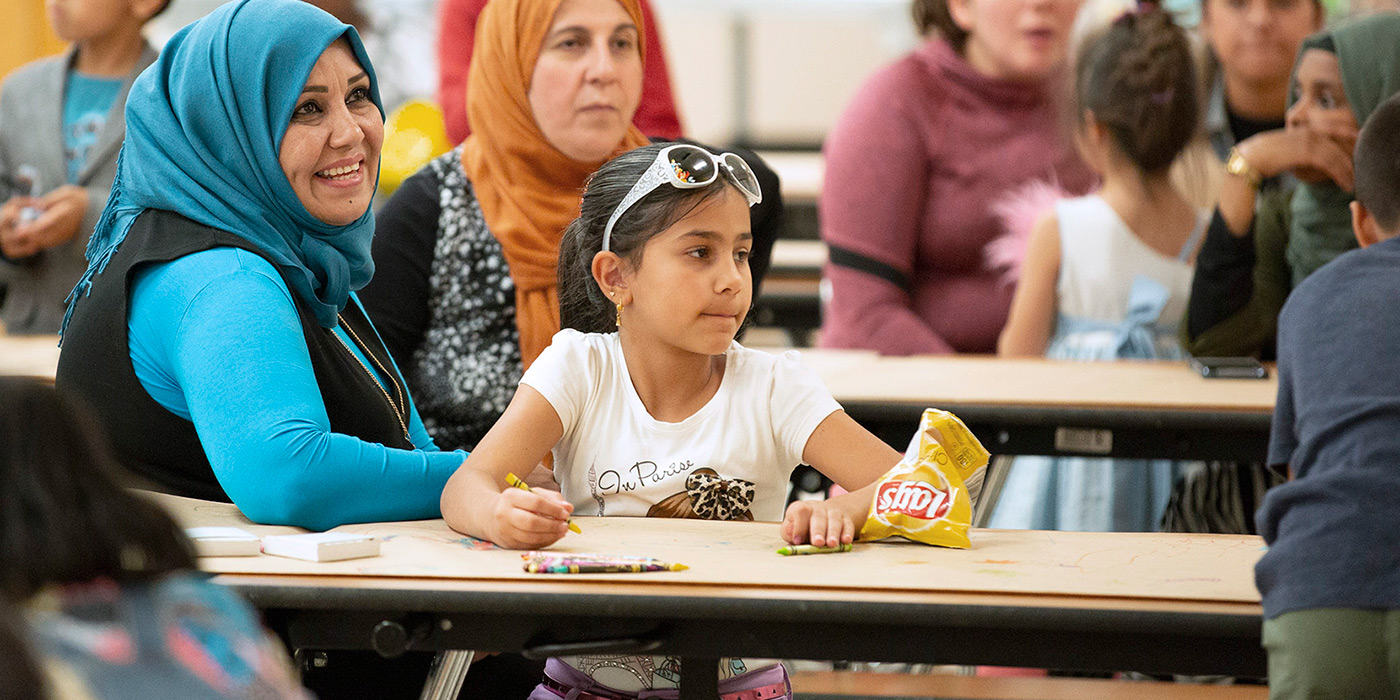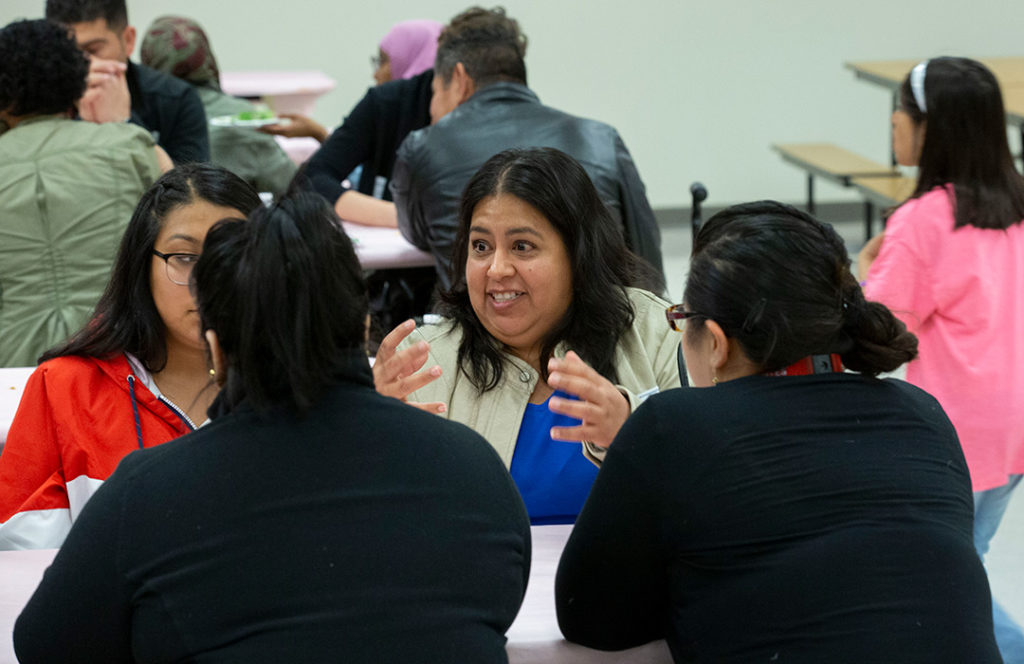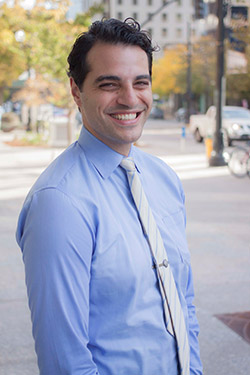It was a packed classroom on a hot summer day at Kearns High School.
Parents streamed in for a workshop on helping their children apply for college and student aid. I scrambled around the school trying to find more chairs and a way to prop open the door and bring in fans to cool off the room.
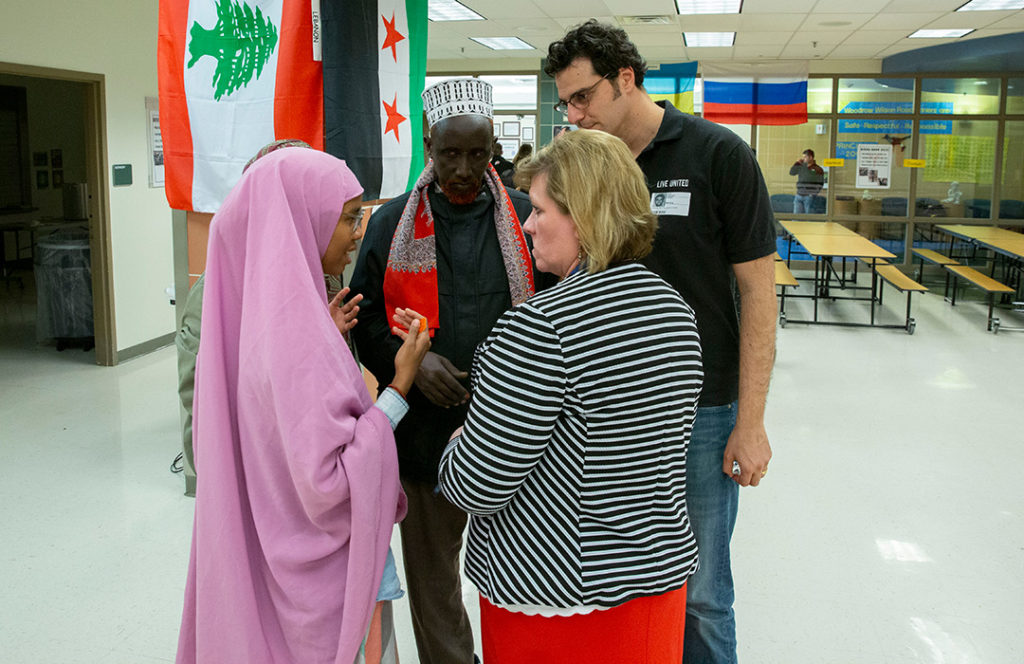
One of the stories that stood out to me was a father who tells us that in the country he grew up in, he understood how to work with the barriers he encountered. He knew how to identify them before they became problems, he knew how to move around them, and he even knew how to call his friends to help move the barrier if necessary. But after moving to Utah, he said he couldn’t even tell where the barriers were. All he knew was that he kept running into them.
This father’s story wasn’t unlike dozens that I and the rest of United Way of Salt Lake’s Grassroots team have encountered across our community. It’s why the team was created — to bring parents and families into the conversation on how to address and improve the systems that hold them back.
This specific workshop was run by Angela Chozo, one of our Grassroots Leadership Organizers. Angela’s conversations with parents and students in the Kearns community helped her understand how they were experiencing the application process for college and student aid. Through those conversations, she designed a workshop that tried to address those concerns. Read her blog Takeaways from My Time as a Grassroots Leadership Fellow, to learn more about her experience.
The story of how challenging it can be to navigate a system that you did not grow up in reminded me of my mother’s story.
She came to this country with her mom as a refugee in the 1970s. She relied on her small community to help her learn English, get a job and navigate a system that was not designed for her. When I was growing up, she always tried to volunteer for field trips and find opportunities to spend time in the classroom.
Over the years she did it less and less. Later in life when I asked her about it, she told me she didn’t feel welcome and that she felt she was treated differently because of her accent and the way she looked.
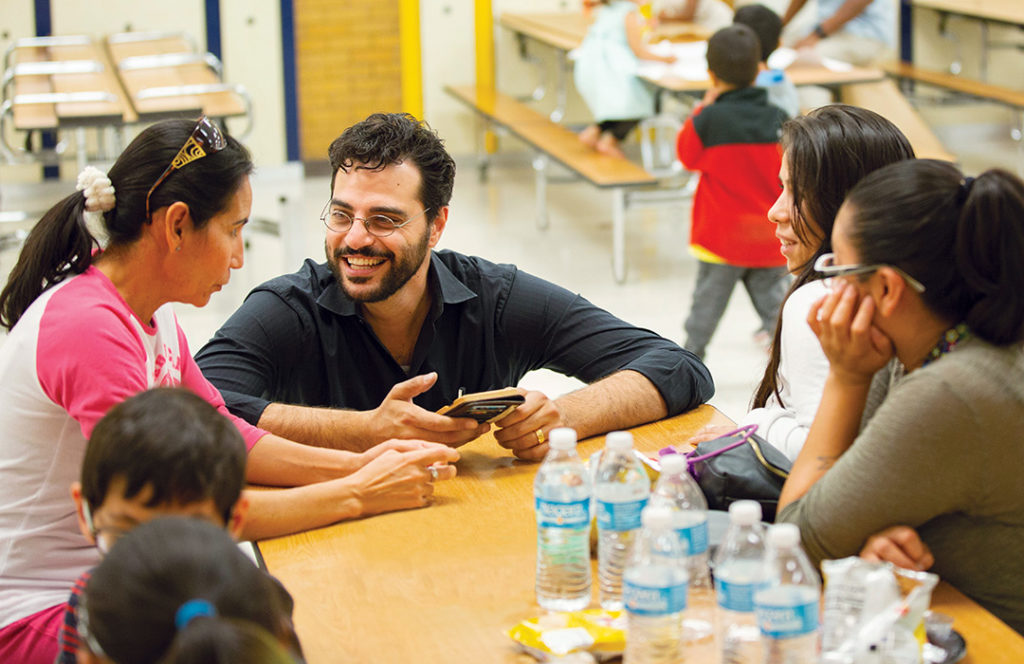
These self-organized communities create needed support for marginalized individuals, but all too often they remain on the outside and their concerns aren’t understood or addressed by the powers that be.
The Grassroots Leadership Organizer program started a year ago with the intention of closing the gap between migrant communities and the institutions that are attempting to serve them.
The program focuses on employing culturally and linguistically fluent families from the community to better understand the concerns and build organizing projects that address them. Many of the communities we work with experience the greatest disparities when it comes to Kindergarten readiness, 3rd-grade reading proficiency, achievement in middle-grade math, and graduating high school.
The Grassroots Leadership Organizing program helps us build trust and connections needed to start these conversations and turn them into opportunities for deeper understanding between marginalized communities and our schools.
If we hope to change the odds for the kids in our community, parents must be part of the conversation. Their experiences, voices, and perspectives must be the starting point of designing systems that work for everyone in our community.
Learn more about the Grassroots Leadership Program at uw.org/grassroots-leadership.
By Igor Limansky, Senior Director of Grassroots Leadership Development
